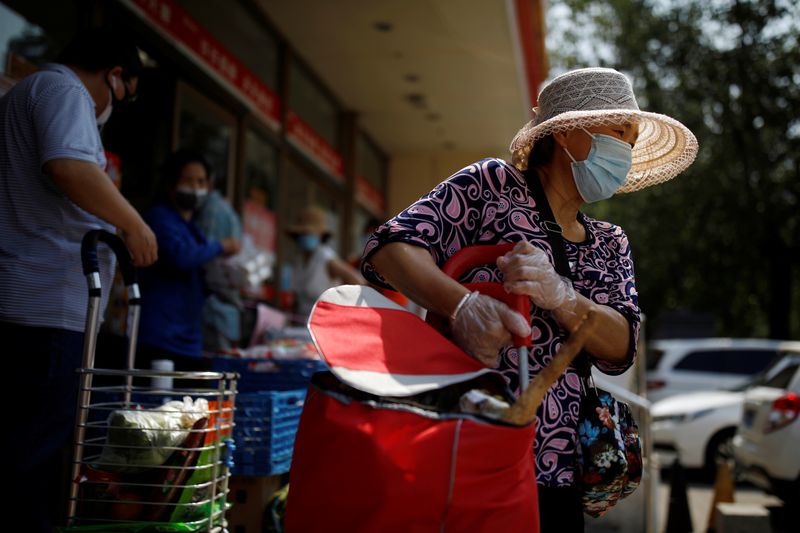By Gina Lee
Investing.com – China’s services sector activity expanded at a slower pace in December, according to a private sector survey, as sporadic COVID-19 outbreaks in the country tempered the recovery in consumer confidence and impacted new business growth.
The Caixin services Purchasing Managers Index (PMI) for December, released earlier in the day, read 56.3, a three-month low. The reading was lower than November’s 57.8 figure, but remained above the 50-mark indicating expansion.
The data follows Monday’s Caixin Manufacturing PMI, which read 53 for December. the National Bureau of Statistics also released the manufacturing PMI and the non-manufacturing PMI during the previous week, which read 51.9 and 55.7 respectively.
Growth in new export business, which had only returned to expansion in November, eased as the surging number of COVID-19 cases globally dampened overseas demand. The survey also showed that a further sharp rise in input price led companies to increase their prices charged at the fastest pace since January 2008.
The services sector has been slower to recover than the industrial sector as it is more vulnerable to the impact of tightened social distancing measures. Measures have been tightened in northern China, including Beijing, Hebei and Liaoning provinces, as clusters of COVID-19 cases emerge in those areas. Chinese tourists shunned overseas travel in 2020 thanks to COVID-19, and are limiting travel to nearby cities as well as avoiding trips out of their provinces.
However, the survey showed that business expectations over the next 12 months were at their highest levels since April 2011, as vaccine rollouts globally increase hopes that the pandemic will come to an end.
“Looking ahead, we expect the post-epidemic economic recovery to continue for several months, and macroeconomic indicators will be stronger over the next six months due to the low bases in the first half of 2020,” Caixin Insight Group senior economist Wang Zhe said.
“Meanwhile, we need to pay attention to the mounting pressure on costs brought by the increase in raw material prices and its adverse impact on employment, which is particularly important to figuring out how to exit the stimulus policies implemented during the epidemic,” Wang added.
